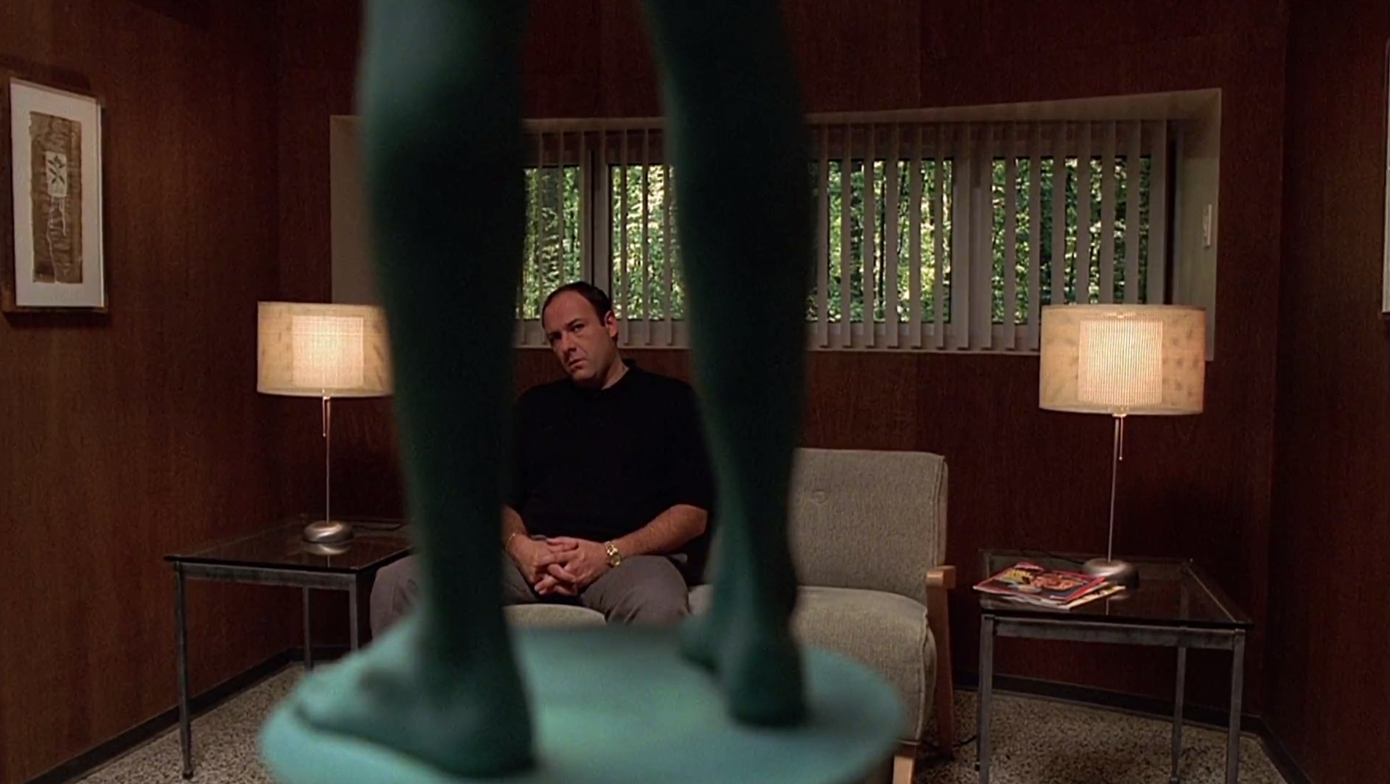
Lady Liberty?
Biederman argued that the show (The Sopranos) is, at its heart, about the bathetic nature of decline.
“’Decline not as a romantic, singular, aesthetically breathtaking act of destruction,’ he said, but as a humiliating, slow-motion slide down a hill into a puddle of filth. ‘You don’t flee a burning Rome with your beautiful beloved in your arms, barely escaping a murderous horde of barbarians; you sit down for 18 hours a day, enjoy fewer things than you used to, and take on the worst qualities of your parents while you watch your kids take on the worst qualities of you.’”
— from a N.Y. Times Magazine essay, written by Willy Staley
The HBO series The Sopranos premiered in 1999, just as the 20th century gave way to the 21st. While ostensibly a mafia drama, the show’s true subject was America itself – a nation at the peak of its global power, even as the contradictions of its capitalist system and imperial ambitions were becoming harder to ignore. Early marketing for The Sopranos laid this out. I remember seeing it in college but have not been able to find it online, so I am paraphrasing.
HBO’s The Sopranos premiered in 1999, at the cusp of a new millennium when America stood at the peak of its global power. Yet beneath this veneer of strength, the contradictions of American capitalism and imperial ambitions were becoming harder to ignore. The show’s marketing positioned it brilliantly: “Tony Soprano is a normal guy just like you. He has problems with his business, his wife, his mistress, his kids and job. There’s just one thing different. He’s in the mob.”
The Therapy Room as America’s Confessional
The sessions between Tony Soprano and Dr. Jennifer Melfi form one half of the fulcrum where external behaviors are weighed against internal projections. These therapy scenes create an extended metaphor that drives the show’s cultural endurance. As Tony unburdened himself—spin-doctoring his sins and wrestling with his demons—he laid bare the corrupt foundations and corrosive hypocrisy of modern America. The collision between the sacred space of therapy and the profane realities of Tony’s life are part of the nuance that gives the show its timeless quality.
What makes the therapy scenes particularly brilliant is how they show a process of rationalization without actual change. Tony analyzes, intellectualizes, and repackages his old patterns as new insights, without ever truly evolving. This became a familiar reality that still drives new viewers to the show even in syndication. Few viewers make this connection directly, but it’s largely responsible for the show’s uncanny resonance.
Evolution of the Series: From Crime Drama to Cultural Critique
The show evolved dramatically over its run. The early seasons have a more conventional television feel, focused on mob drama with flashes of brilliance. But as it progressed, The Sopranos transformed into something deeper and more novelistic in its approach. What began as a show about a mobster seeing a therapist evolved into a profound meditation on American decline.
By Season 3, the show had established a level of psychological complexity and novelistic storytelling detail that hadn’t existed on television before. The writers, directors, and actors like James Gandolfini grew more confident, allowing The Sopranos to move beyond mob humor toward a deeper question: is the human condition itself tragically funny?
PMC Tony: The Yuppie Mobster
Tony Soprano occupies a unique position in the mob hierarchy. Unlike other mobsters who live in modest homes, Tony is essentially a yuppie with one foot in the professional-managerial class. He has a consultancy with Barone Sanitation, lives in a “new construction palace,” and his wife Carmela is deeply involved in the PTA and Catholic church. In the pilot, they even call him a “yuppie”—which he absolutely is.
This positioning allows Tony to navigate both the criminal underworld and the legitimate face of suburban America. He can attend golf outings with his respected doctor neighbor, even if they quietly look down on him. This PMC status makes Tony a perfect vessel for examining how American capitalism operates when it straddles both legitimate and criminal enterprises.
The Sopranos as American Empire
For young viewers especially, The Sopranos’ depiction of organized crime felt truer than the official narratives from Washington and Wall Street. If politicians dressed imperial adventures in rhetoric about human rights and democracy, the Soprano crew’s enterprises exposed the naked logic of power. If corporations hid the human costs of globalization behind slick PR, Tony and his lieutenants laid bare the zero-sum arithmetic of winner-take-all capitalism.
More than any other motif, Tony’s “busting out” of businesses served as the central metaphor for this critique. In the Soprano universe, a bust-out was the systematic defrauding of a company—racking up huge bills, stripping assets, and discarding the hollowed-out husk. By the series conclusion, it became clear that Tony’s enterprise itself was heading for a cosmic bust-out. The question echoing as the screen cut to black was whether the American empire he personified could escape the same fate.
Generational Decline
The show brilliantly portrays generational decline through Tony’s children. AJ begins as a mischievous but innocent child but evolves into a permanent adolescent with no positive qualities—unable to commit to his father’s criminal life but addicted to the lifestyle it provides. Meadow attempts to escape her father’s influence by pursuing liberal causes and education, only to end up engaged to a mob lawyer’s son, completing the circle.
This mirrors American decline as each generation inherits not just wealth but moral compromises from their parents. The show suggests that the worst qualities get passed down while the best are lost. Children become tragic reflections of their parents’ failings, not their strengths.
No Exit: The Horror of Continuity
The infamous final scene—cutting to black in Holsten’s diner—remains contentious. But whether Tony died or not, the more terrifying possibility is that he lived. The rest of his life would be continuous misery, constantly looking over his shoulder, devolving into unbridled mental illness like his mother Livia.
Characters like Christopher seem to understand this hellish continuity. His reckless behavior before his death suggests someone who wanted out—not brave enough to end things himself but hoping someone else would. For these characters, immediate death would be merciful compared to the slow decline into becoming the worst versions of their parents.
Contemporary Resonance
Episodes like “Unidentified Black Males” aired in 2004, the same year photos of American soldiers abusing prisoners at Abu Ghraib shocked the world. Tony’s anguished reaction to the brutal beating of a Hasidic man by his soldiers mirrored debates about America’s conduct in the war on terror.
In the final season, as subprime lenders targeted low-income homeowners with predatory loans, Tony’s crew hatched a scheme to use a crooked appraiser to inflate home values—a small-scale version of the speculative frenzy that would soon bring the global financial system to its knees.
The Melfi Connection
Dr. Melfi embodied the dilemmas of the educated elite in an age of eroding social trust and metastatic greed. Caught between professional ethics and fascination with Tony’s world, she represented the “respectable” classes who maintained distance from the dirty work of empire while quietly profiting from its spoils.
When Melfi finally terminates Tony’s therapy in the final season, she delivers a stinging verdict not just on him but on a society that venerates sociopathic selfishness. Her character arc offers the show’s most pointed social commentary on America’s moral blindspots.
A Tool for National Psychoanalysis
What made The Sopranos so unsettling and enduringly relevant was its unwavering gaze into the heart of American darkness. In an era of self-congratulation and willful blindness, the show suggested that the truest threat to the American way of life came not from without but from within—from the corruption, hubris, and untrammeled appetites of those at the pinnacle of power.
By framing its critique through Tony’s therapy, The Sopranos made its case in the most intimate way possible. In the troubled psyche of its protagonist, it found a mirror held up not just to one man’s soul but to the soul of a nation. And in the harrowing self-examination it demanded of viewers, it offered a stark challenge to a culture all too adept at living in denial.
The show’s greatest legacy may be as a tool for national psychoanalysis. In Tony’s journey into the depths of his own psyche, it maps a path for a society in desperate need of self-reflection. And in its unflinching portrait of an empire in the throes of moral and spiritual decay, it offers a warning, and perhaps a way forward, for an America at a crossroads.

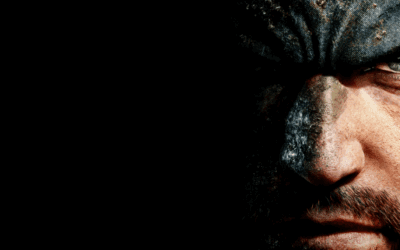




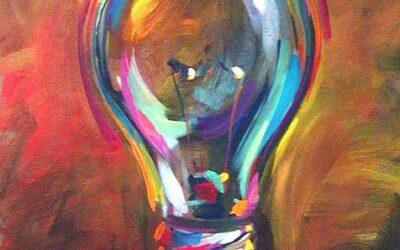

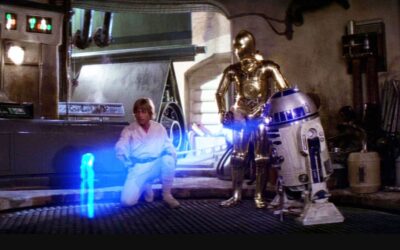

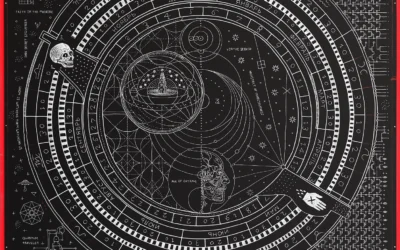
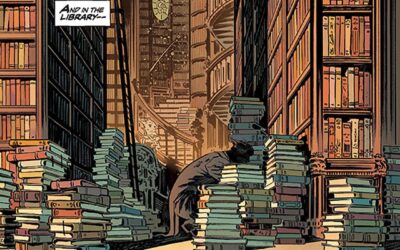

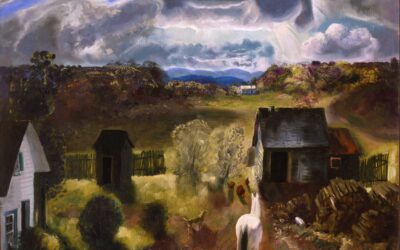
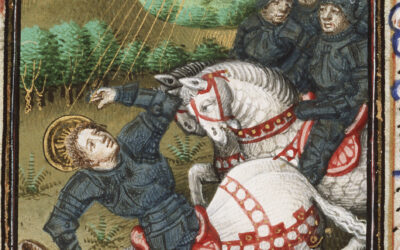
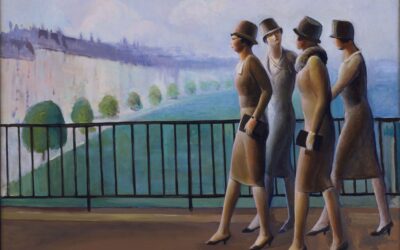
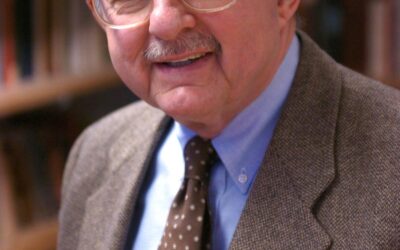

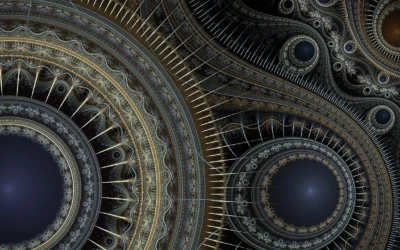
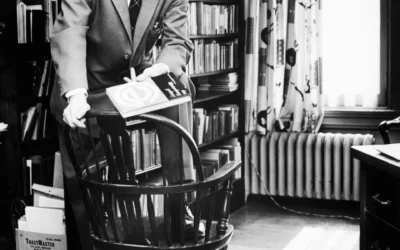

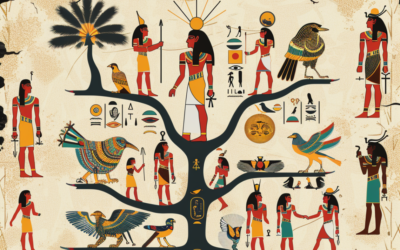

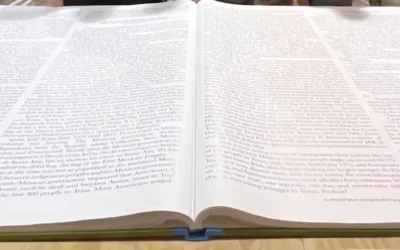
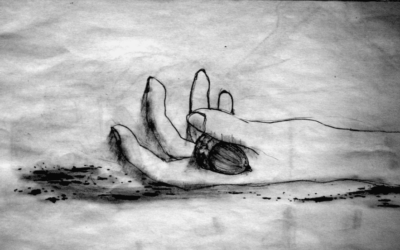
0 Comments